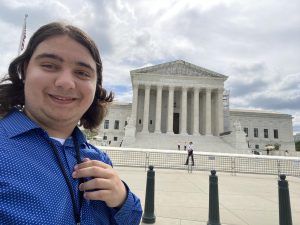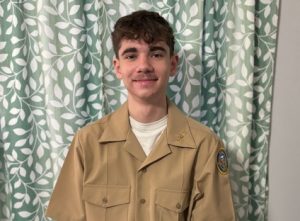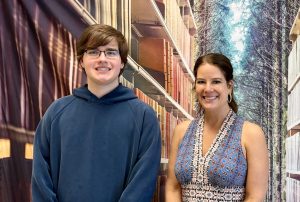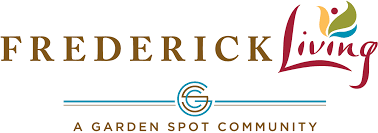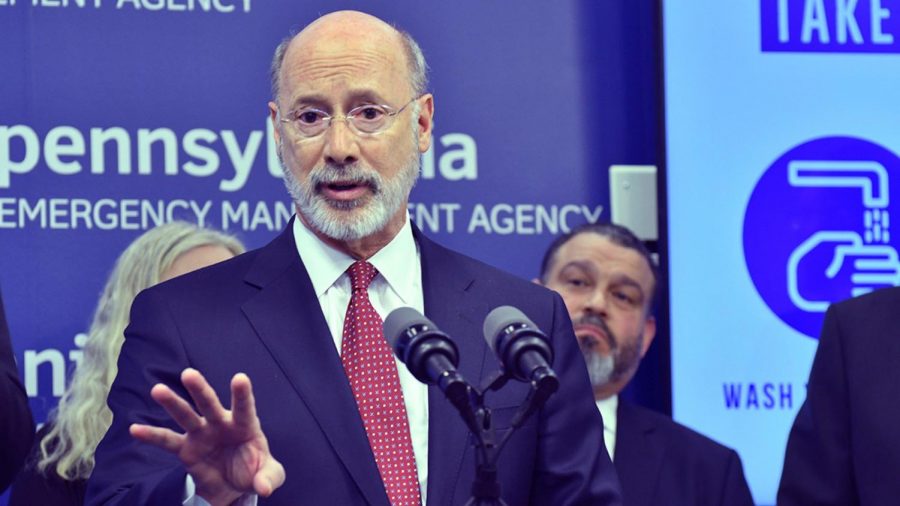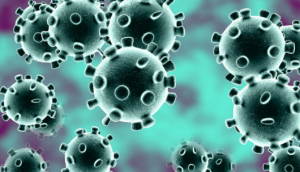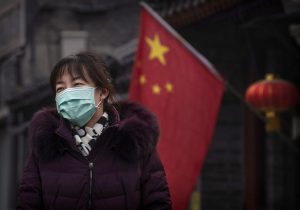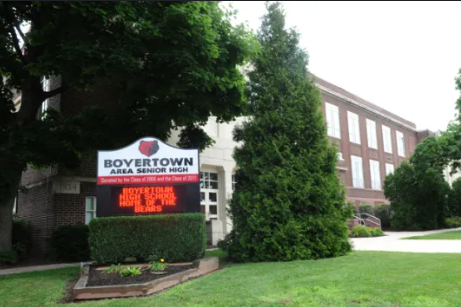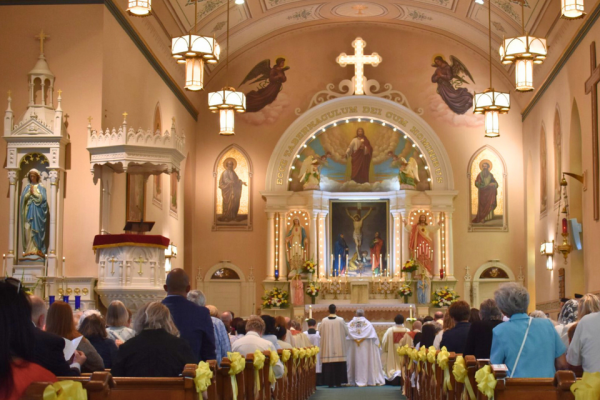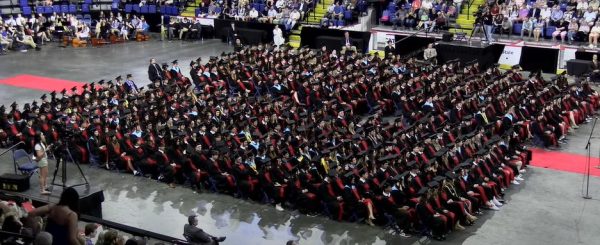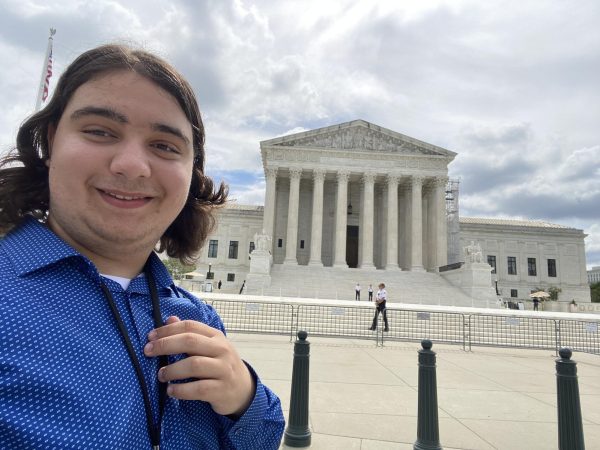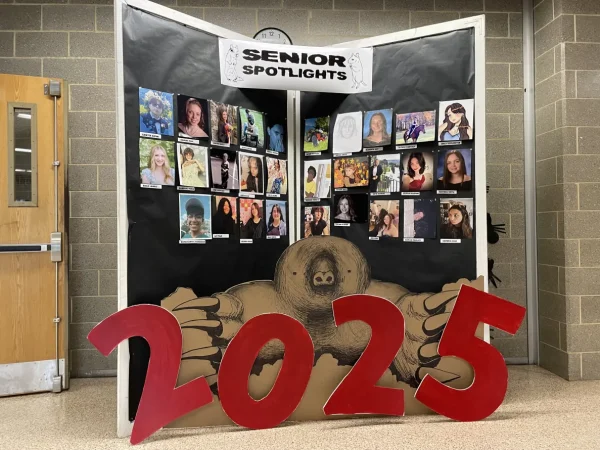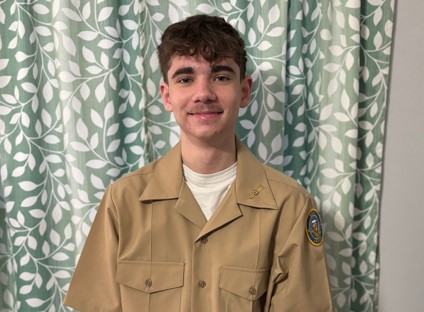Life in Lock-down: COVID-19 Effects on Students & Economy
How are students coping with the coronavirus shutdowns?
Gov. Tom Wolf recently closed all non-essential businesses after previously only recommending closures as the novel coronavirus spreads throughout P.A.
On March 12, Governor Wolf ordered all Montgomery County schools to close for two weeks, bringing the shut down of Boyertown Area School District as well as many of its neighboring districts in the midst of the COVID-19 outbreak. Nationally, the U.S. has announced it will close the shared borders with Mexico and Canada.
With climbing case rates in PA, the Governor also closed all “non-life-sustaining” businesses on Thursday. This has left many without work, prompting the U.S. Treasury Department to form a $1 trillion stimulus package proposal that would deliver two separate checks to Americans. It is unclear whether this will be passed.
In a BASH Cub survey sent out to students, many are spending the lock-down doing recreational activities, like listening to music (89.9% of students) and watching Youtube or streaming TV and movies (72.5% of students).
While 53.7% of respondents aren’t worried about COVID-19, they are glad for the precautions.
“I’m not really concerned about the temporary school shut down,” student Piper Fryer said. “I’m just glad we’re not around people so we don’t have a chance of getting sick at all.”
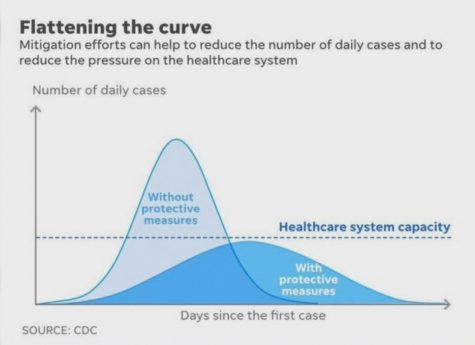
Healthcare professionals urge “social distancing” in order to provide adequate healthcare to as many people as possible. This doubles as an effort to avoid a near-collapse of the system like Italy is currently experiencing.
A big idea being pushed by the media and online is the idea of “social distancing,” an informal way of self-isolating to avoid large social gatherings and risk of disease. This concept is very important in order to “flatten the curve,” a phrase that means limiting COVID-19 cases to be under the threshold of what the U.S. healthcare system can cope with. Instead of a huge outbreak that completely overwhelms the system, the idea is keep moderate amounts of cases so that everyone may receive adequate treatment. A downside to this is the virus potentially takes longer to dissipate, a timeline that has received some criticism.
Social distancing is popular with students, but it doesn’t mean you can’t be social in the age of technology.
“If we listen to what scientists are saying and keep ourselves distanced from others for a period of time, it will slow the spread and help us all in the long run,” Charlie Wainwright said. “You don’t have to be distanced from your friends, either. Video chat more and check up on each other.”
While a majority report not being worried, 12.8% of students also reported knowing someone who has tested positive for COVID-19. Montgomery County has become a focal point in PA. for the outbreak with 59 cases, second to Philadelphia’s 67 cases. Total cases in PA. have reached 268.
“As much as we’re happy about no school, there is a reason,” Angelique Bauer said. “It isn’t so much as the concern for one of us to get the coronavirus, but we could be carriers, and we should be worried for our grandparents or the elderly that come to our work or we volunteer with, or to any of our friends and family members in which have compromised immune systems.”
The school calendar hangs in the balance as no announcements have been made regarding future events like spring break, prom, or graduation. Seniors, who just returned from the senior class trip last week, narrowly avoided the Disney and Universal closures.
“As for the seniors, I’m so sorry that your last few months of senior year are being taken away from you. We don’t know what’s going to happen with prom or graduation, but we’re all in this together,” Angelique said.
Some students believe that everyone is overreacting, such as Joseph McCracken who said, “It’s not a big deal.”
“We’re losing everything,” senior Ella Schlecht said. “Our sports, prom, and just our education. In my opinion we are. I know we shouldn’t be around each other in this time, but that’s mainly because some many people don’t know how to actually be safe and wash their hands. I just want my senior year back and to see my friends.”
The effects aren’t only felt on students, however; the economy is facing dire consequences as the Dow Jones has been making very unstable increases and decreases during the last two weeks. This week it has gone down 14%, an outstanding amount that CNBC compares to October 2008, when the Dow “slid 18.2%.”
“The effects are vast on the economy,” Economic and Financial Consultant Stan V. Smith, PhD. said. “Businesses are closing, some temporarily and some, unfortunately, permanently. As a result, many people have been fired and many have been furloughed or temporarily laid off.”
Mr. Smith has been an economist for over three decades, holding a degree from the University of Chicago and running his own practice, Smith Economics Group, Ltd. in Chicago, Illinois. He has provided analysis for dozens of 9/11 cases in the past, as well as national airline crashes and more.
“The effects will be greater [than the 2008 recession]. Greater on employment and greater business failures,” Mr. Smith, PhD. said. “But I do think the recovery will be quicker.”
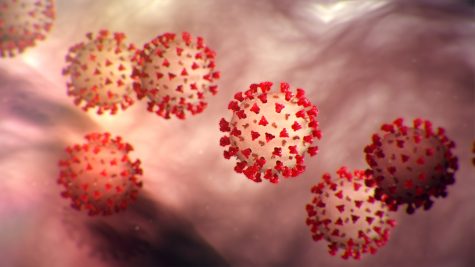
COVID-19 has rapidly spread throughout the world, drawing comparisons to the 1918 influenza pandemic. Current mortality rates have risen to 4.2 percent worldwide, while over 90,000 have recovered.
On long-lasting effects, Mr. Smith believes there may be some positives.
“Most of it will be recovered by year-end, but not all. There are some good parts to this, however,” he said. “We will very significantly improve the ability to work remotely, with new habits and better technology.”
Mr. Smith would advise the U.S. government to provide low-interest loans to individuals and businesses during this outbreak. However, he believes the panic was unnecessary.
“I speak with many people that think we are in far greater danger overall of the regular flu, but we don’t panic, even though 50-80 thousand a year die of the seasonal flu,” he said. “I do think the panic was needless and caused economic harm in terms of the shutdown policies.”
While China’s economy has been hit hard as the epicenter of the COVID-19 outbreak, businesses and schools are beginning to resume as China reports no new cases in the last two days.
In Italy, a country-wide shutdown still has the healthcare system scrambling as some go online to share their advice to the rest of the world.
“As I think everyone knows, Italy is on quarantine because of the coronavirus outbreak,” a Reddit user wrote on March 12. “That means that everybody has to stay home unless you’ve got valid reasons to go out. This situation is bad, but what’s worse is seeing the rest of the world behaving as if nothing’s going to happen to them. We know what you’re thinking because we were in your place too.”
Videos of quarantined Italians singing together from their balconies have gone viral online, showcasing humanity in times of high stress and isolation. And back in the U.S., dozens of colleges have cancelled their spring semesters, preferring to turn to online classes. A popular video-conferencing app for online learning, Zoom, has recently been given for free to schools K-12 in order to avoid profiting from the academic crisis.
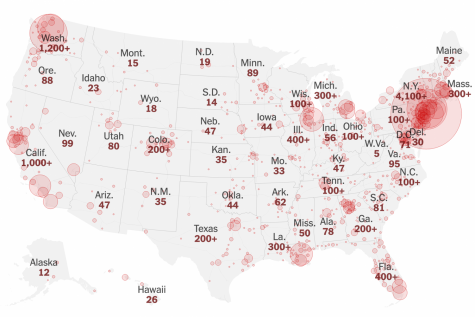
New York and Washington remain huge centers for COVID-19 spreading as total U.S. cases reach more than 14,000.
Instances of hoarding toilet paper and hand sanitizer as well as surgical masks have made the news recently, with retailers like Amazon removing sellers for price gouging during the pandemic. There are many who take issue with the usage of surgical masks as they become scarce.
“If you have not tested positive for COVID-19, wearing a surgical mask is not necessary,” student Hayley Freed said. “The masks are meant primarily for those who have tested positive or are sick from other illness, as they help prevent the wearer from spreading the virus.”
Good hygiene and health is always recommended, especially CDC guidelines that some students have embraced.
“Don’t touch your face, bros,” Mason Keane said.
Other good practices are to wash your hands with warm water and soap for 20 seconds frequently and to sneeze or cough into your elbow. Boyertown is currently projected to reopen March 30.
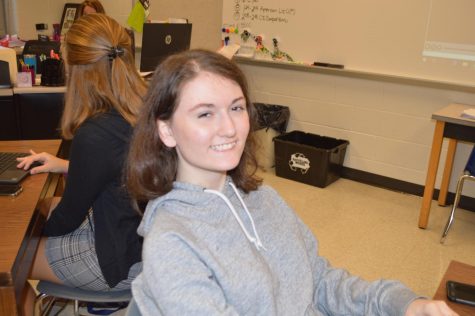
Jocelyn is a graduate of BASH. She served three years in the CUB and she previously wrote for the East Observer. She was in many clubs, such as SADD, Stage...
